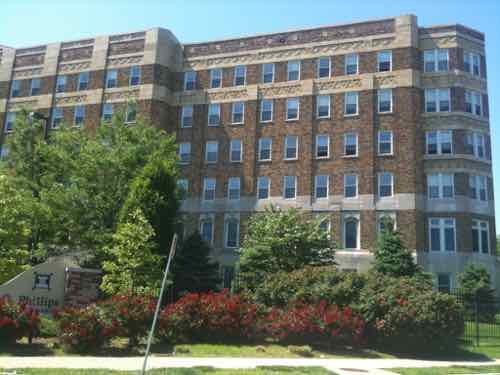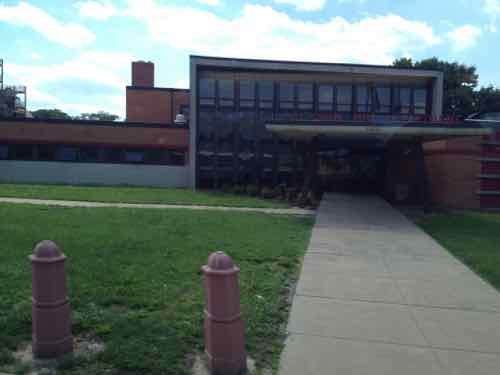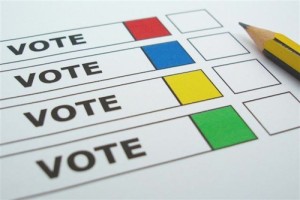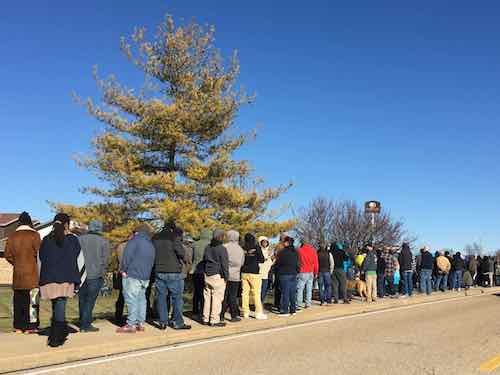St. Louis Board of Aldermen: New Board Bills Week 27 of 2019-2020 Session
 The St. Louis Board of Aldermen meet at 10am today, their 27th meeting of the 2019-2020 session. As previously noted, they have the first two meetings labeled as Week #1, so they list this as week/meeting 26.
The St. Louis Board of Aldermen meet at 10am today, their 27th meeting of the 2019-2020 session. As previously noted, they have the first two meetings labeled as Week #1, so they list this as week/meeting 26.
Today’s agenda includes four (4) new bills.
- B.B.#187 – Arnowitz – An Ordinance authorizing and directing the Director of the Department of Human Services, to accept a Grant Award from the St. Louis Community Foundation in the amount of $26,000 for the current fiscal year and to expend those funds for the City of St. Louis “You Matter! Appropriating such funds and authorizing the Director of the Department of Human Services, upon approval of the Board of Estimate and Apportionment, to expend such funds as permitted by the Grant Award Agreement; and containing an Emergency Clause.
- B.B.#188 – Davis – An ordinance recommended and approved by the Airport Commission, the Comptroller and the Board of Estimate and Apportionment, making certain findings with respect to the transfer of up to $13,727,769 of excess moneys that The City of St. Louis, the owner and operator of St. Louis Lambert International Airport, to be used to make funds available to mitigate rates on an annual basis during the term of the Airport Use and Lease Agreement commencing July 1, 2016; containing a severability clause; and containing an emergency clause.
- B.B.#189 – Ingrassia/Spencer/Middlebrook – An ordinance prohibiting the carrying of concealed firearms by persons who are subject to a restraining order or who have been convicted of misdemeanor crime of domestic violence as provided in this ordinance, and the firearm such person is in receipt of has been shipped or transported in interstate or foreign commerce as prohibited by Title 18, Section 922g (8) and (9) of the United States Code; and containing an emergency clause.
- B.B.#190 – Vaccaro – An Ordinance establishing a four-way stop site at the intersection of Oleatha Avenue and January Avenue regulating all traffic traveling northbound and southbound on January Avenue at Oleatha Avenue and regulating all traffic traveling eastbound and westbound on Oleatha Avenue at January Avenue, and containing an emergency clause.
The meeting begins at 10am, past meetings and a live broadcast can be watched online here. See list of all board bills for the 2019-2020 session — the new bills listed above may not be online right away.
— Steve Patterson






